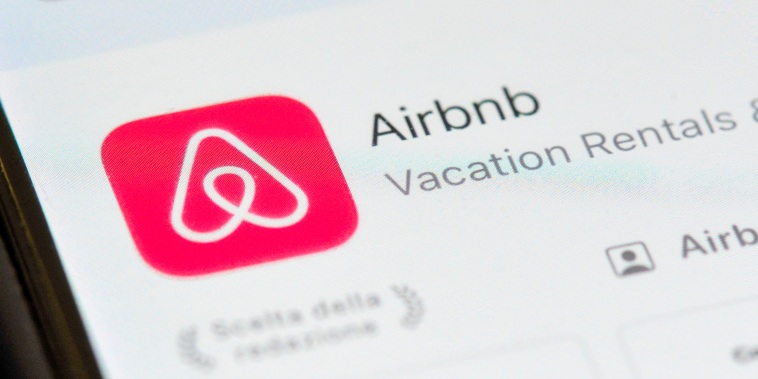In a move to protect guest privacy and safety, Airbnb recently announced a ban on indoor security cameras for properties listed on its platform. The decision came after growing concerns from guests about the potential invasion of privacy that these devices could pose. While the use of security cameras can offer homeowners peace of mind and serve as a deterrent for potential intruders, the potential misuse of such devices led Airbnb to take action.
One of the main issues with indoor security cameras in Airbnb properties is the risk of unauthorized surveillance. Guests staying in these properties may feel uncomfortable knowing that they are being watched without their consent. This not only violates their privacy but also raises questions about trust and transparency between hosts and guests. By banning indoor security cameras, Airbnb aims to create a more secure and welcoming environment for all its users.
Moreover, the presence of security cameras can also have a negative impact on the overall guest experience. Guests may feel like they are constantly being monitored, inhibiting their ability to relax and feel at home during their stay. The ban on indoor security cameras is a step towards ensuring that guests can enjoy their accommodations without feeling like they are under surveillance.
While the ban on indoor security cameras may inconvenience some hosts who rely on these devices for security purposes, there are alternative measures that can be taken to enhance safety without compromising guest privacy. For instance, hosts can install outdoor security cameras or motion sensor lights to deter potential intruders without intruding on the privacy of their guests.
Overall, Airbnb’s decision to ban indoor security cameras reflects its commitment to prioritizing the privacy and safety of its users. By upholding these standards, Airbnb continues to set a positive example for the short-term rental industry and reinforces its reputation as a trusted platform for travelers around the world.


























